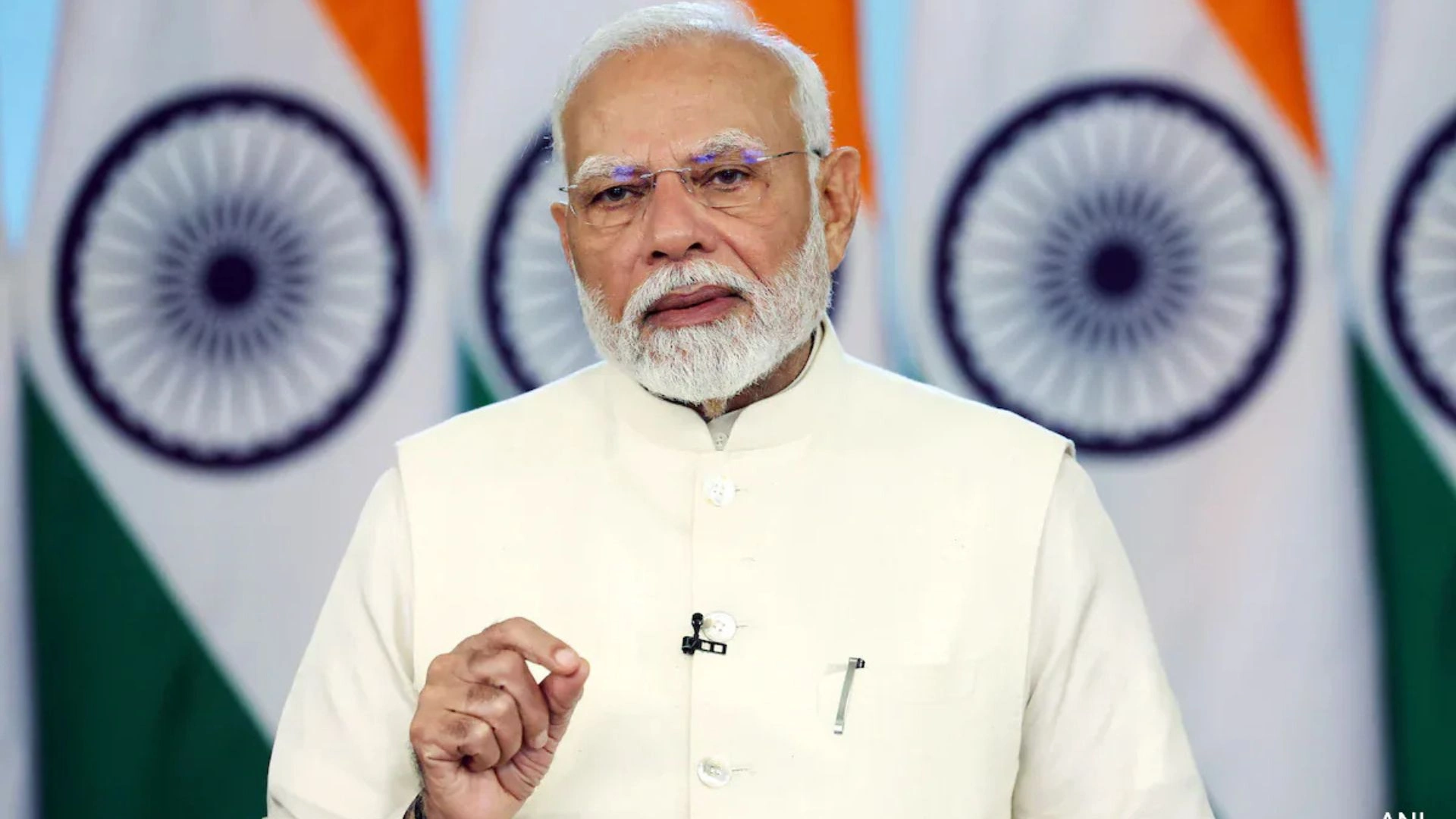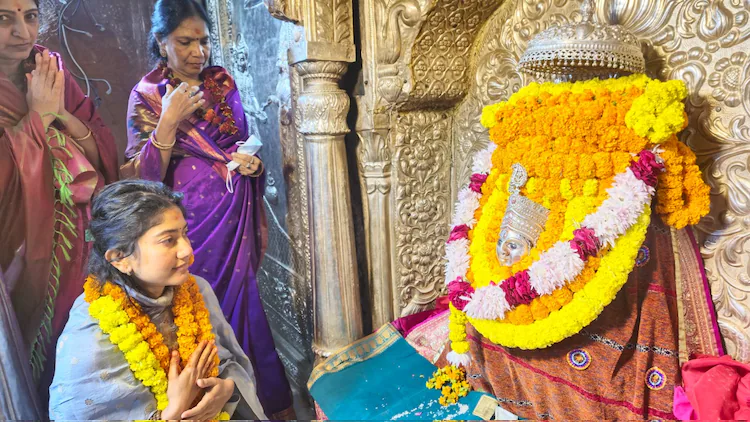In a major breakthrough for the Arvind Kejriwal-led Aam Aadmi Party (AAP), the party has secured a significant win in the Doda assembly constituency in Jammu and Kashmir. AAP candidate Mehraj Malik emerged victorious, defeating Bharatiya Janata Party’s (BJP) candidate Gajay Singh Rana. This win marks a pivotal moment for AAP, as it continues to expand its influence beyond its traditional strongholds.
Mehraj Malik’s Journey to Victory
Mehraj Malik, a vocal leader and an elected District Development Councilor (DDC) from the Kahara segment, ran an energetic and focused campaign in Doda. Malik positioned himself as a strong opponent to the BJP, Congress, and National Conference (NC), directly challenging their influence in the constituency. Throughout his campaign, Malik emphasized the need for accountability, criticizing the administration under Jammu and Kashmir’s Lieutenant Governor for its handling of local issues.
Malik’s grassroots connection with voters, built over years of active engagement, contributed to his success. His earlier win in the 2020 DDC elections, where he secured victory by a margin of 3,511 votes, established him as a credible figure in the region. His rise to prominence within AAP began when he joined the party in 2013, and since then, he has been a key player in expanding AAP’s presence in Jammu and Kashmir.
Support from AAP’s Leadership
Malik’s campaign was further bolstered by AAP’s senior leadership, including Rajya Sabha MP Sanjay Singh, who held a rally in his favor. This support helped galvanize the local AAP base and attract undecided voters in the mountainous constituency. Malik’s outreach, combined with AAP’s focus on transparency and development, resonated with the electorate, helping him gain ground against his opponents.
Peaceful Elections in Jammu and Kashmir
The Doda constituency’s win comes in the context of Jammu and Kashmir’s first assembly elections since 2014, a closely watched political event that unfolded across three phases. Polling took place peacefully in the region, in contrast to past elections where violence was a concern. Voter turnout was recorded at 63.45%, slightly lower than the 65.52% turnout seen in the 2014 elections, but still indicative of a healthy democratic engagement.
The first phase of the elections, held on September 18, saw voting for 24 seats, followed by the second phase on September 25, which covered 26 seats. The third and final phase, on October 1, included the remaining 40 seats. The smooth and peaceful conduct of the elections, amidst multi-tier security at district headquarters, was a positive sign for the democratic process in the region.
Predictions and Exit Polls
While exit polls had predicted an edge for the National Conference (NC)-Congress alliance over the BJP, AAP’s win in Doda signals a potential shift in the political landscape. CVoter’s projections suggested the BJP would secure 27-32 seats out of 43 in the Jammu region, while the NC-Congress alliance was expected to win 11-15 seats. Other regional parties like the Peoples Democratic Party (PDP) were expected to secure 0-2 seats in the Jammu region.
In Kashmir, the NC-Congress alliance was predicted to lead with 29-33 seats out of 47, while the PDP was expected to win 6-10 seats. The BJP, however, was projected to secure only 0-1 seat in the Kashmir Valley. The overall projection suggested that the NC-Congress alliance could win between 40-48 out of 90 seats, while the BJP was expected to win between 27-32 seats, PDP between 6-12, and other parties between 6-11 seats. With 46 seats needed to form a government, the NC-Congress alliance was seen as having an advantage.

















